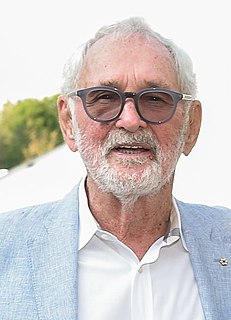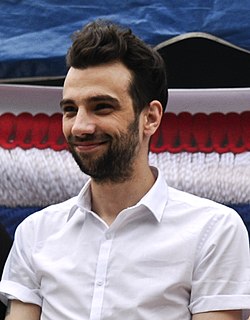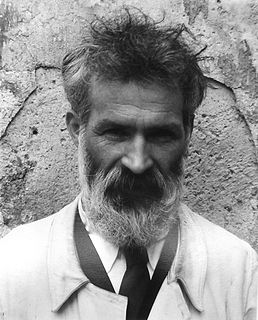A Quote by Michael C. McMillen
I love the idea of carrying on some kind of tradition using some of the artifacts from people that touched my life. They're a continuum, too. I still use my father's tools and some of my grandfather's tools. There's a very romantic streak in me. I confess, I'm a romantic, but I like the idea.
Related Quotes
Some people are still very romantic! I mean, those funny vampire films are super romantic, and I don't think that's bad. It means there are a lot of people who still believe in love in a weird way. Okay, it's a cheesy way, and I guess if you think about it, you're like, "Wait, you can love them as long as they're dead?" Maybe that's the point. Maybe it's more twisted than I thought. You can love but you can't age.







































